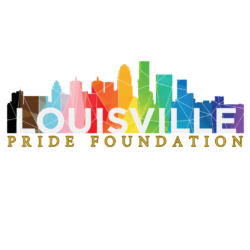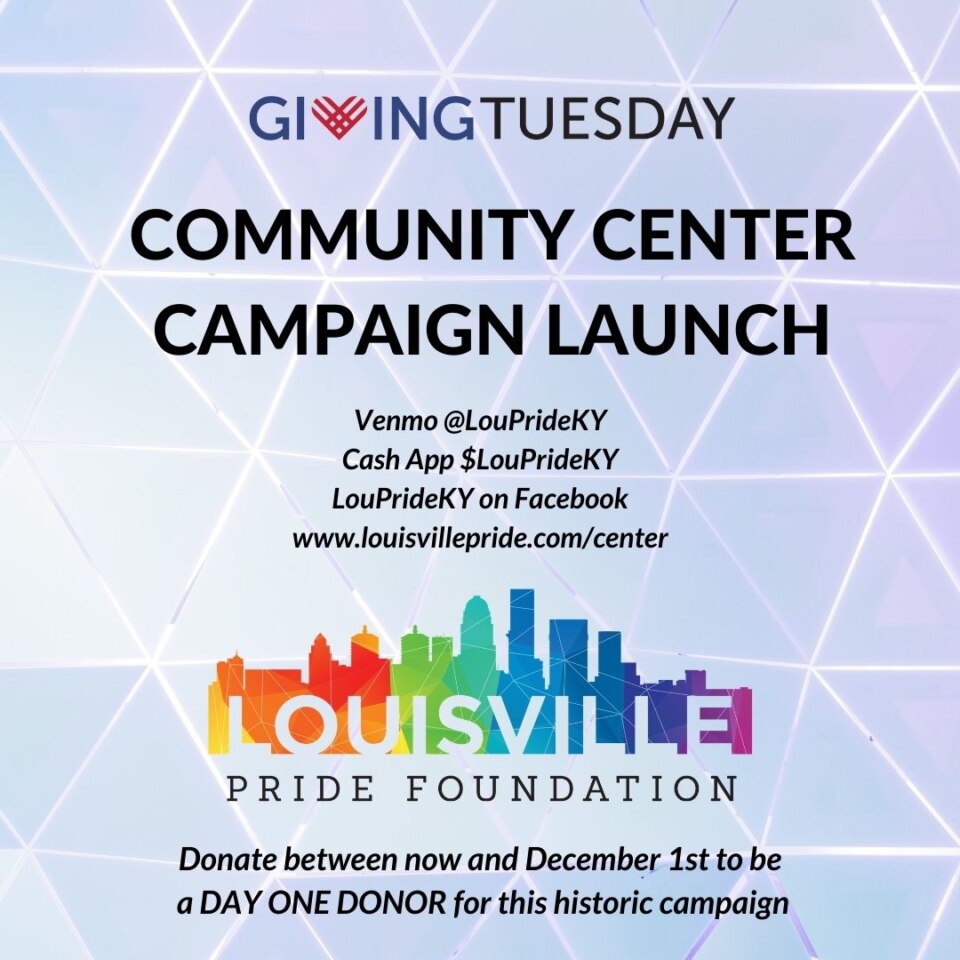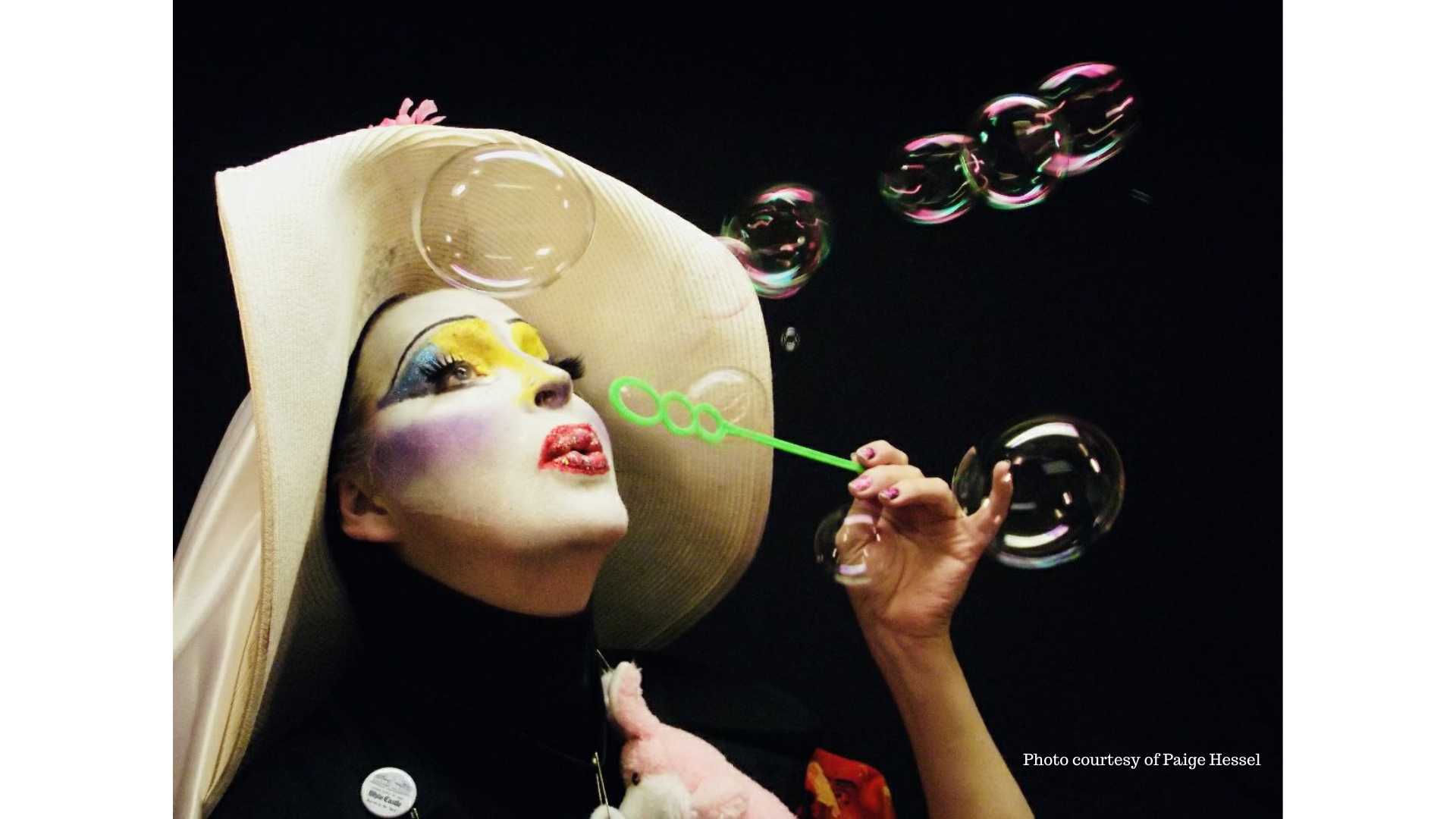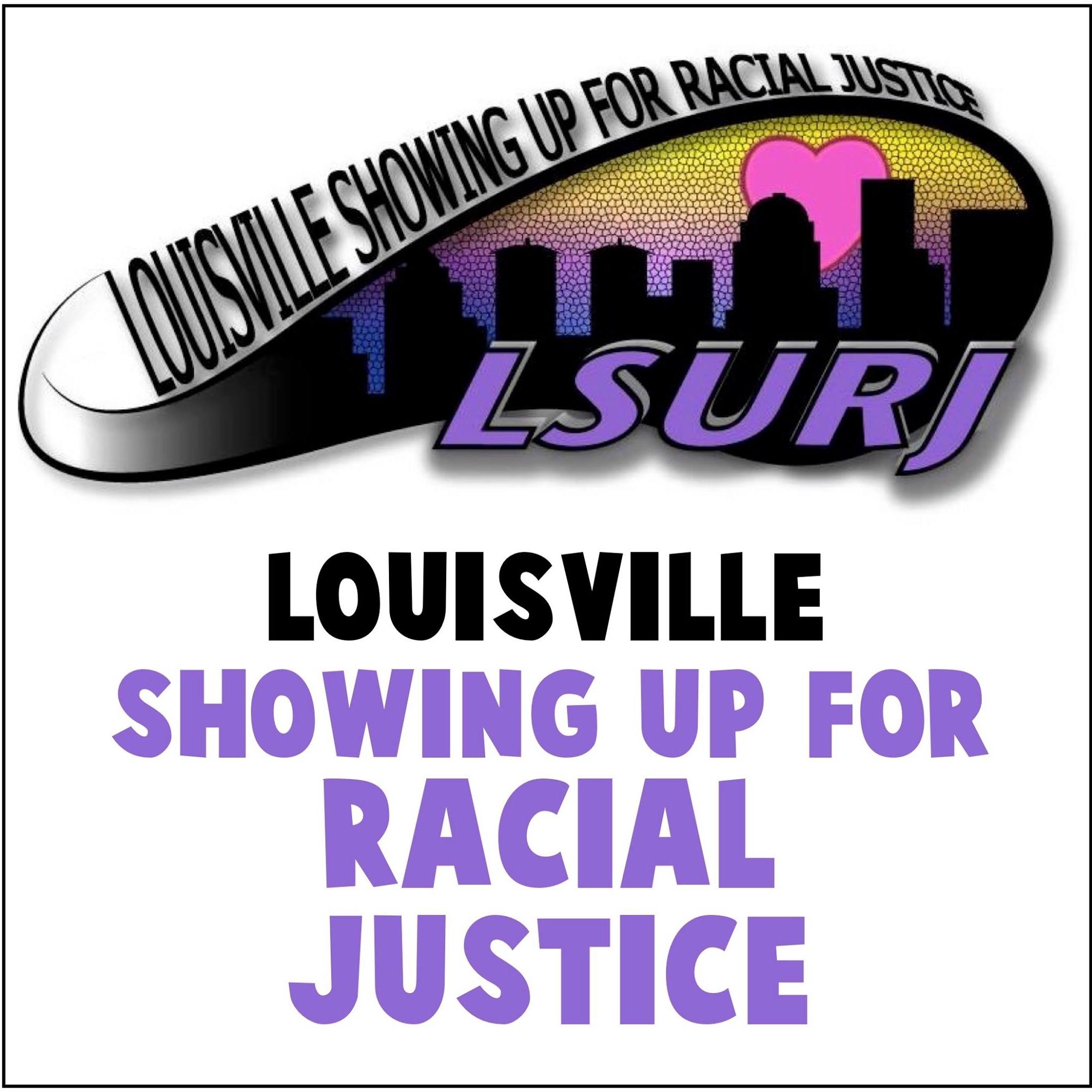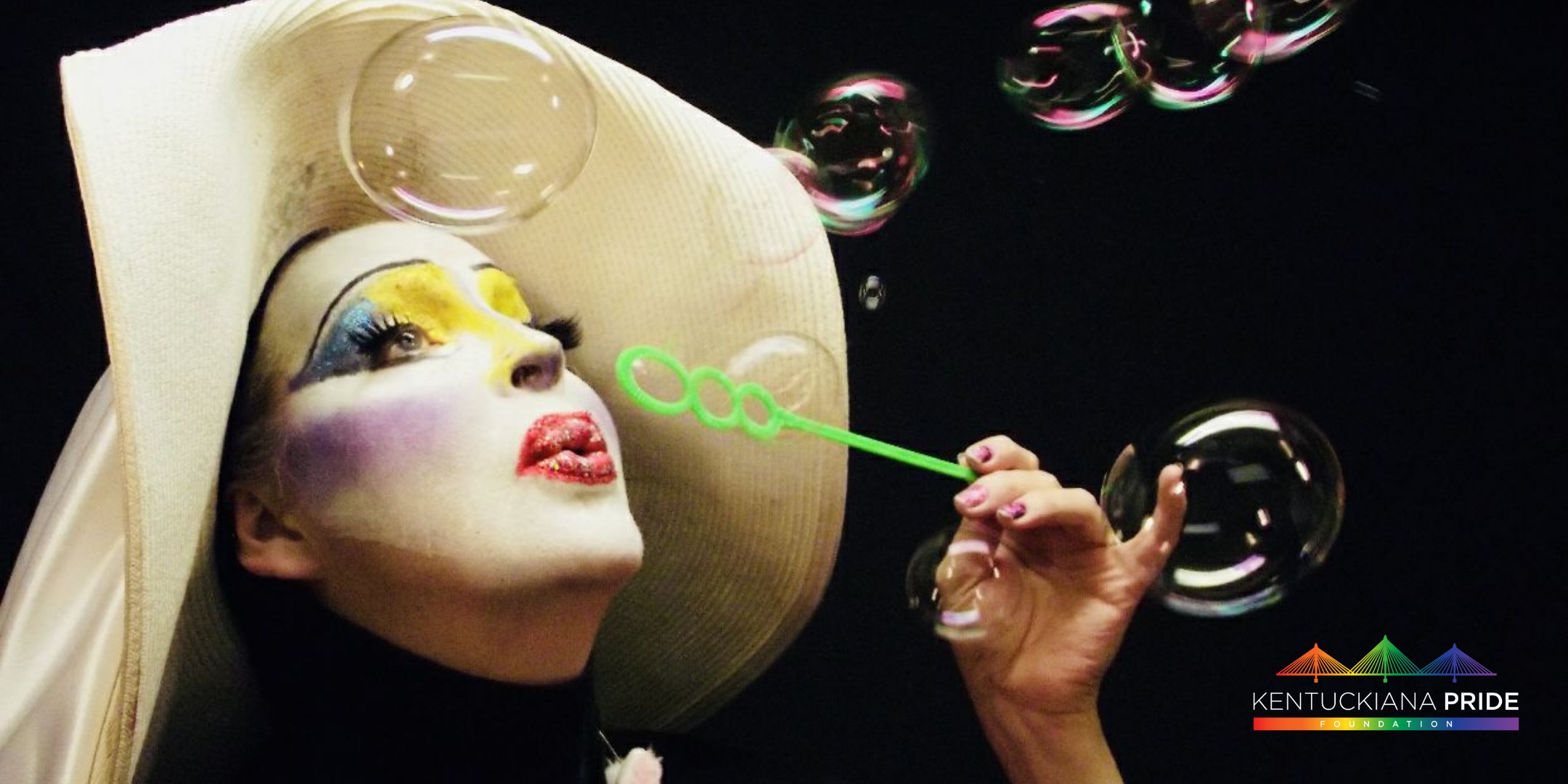Trivia and Game Night returns February 1st!
There will be a mix of trivia and games, and of course fun, community, and prizes! Join us on the live video on our Facebook page at 7pm to register yourself or your team, and then we will provide you with the forms to submit your answers! Follow the Facebook Event to stay updated.
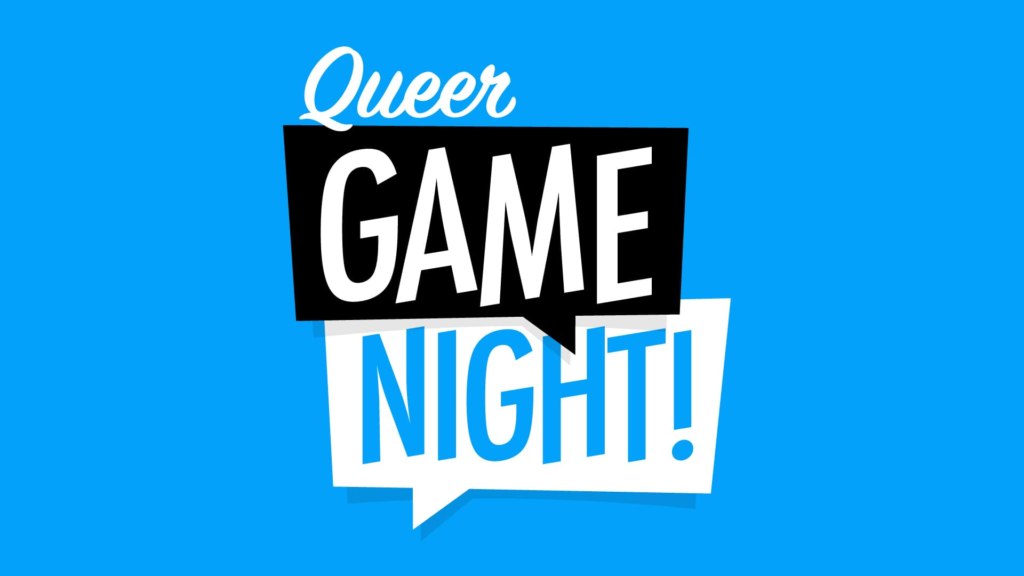
January 2021 E-Newsletter
|
||||||||||||||||||||||||||||||||||||||||||||||||||||
|
2021 Legislative Statement
The Louisville Pride Foundation Board of Directors has expressed support for the following state-wide initiatives:
- Ending no-knock warrants (House Bill 21)
- Banning conversion therapy (House Bill 19; Senate Bill 30)
- Making bars safer for all patrons (House Bill 173)
We encourage you to contact your State Representative and State Senator to express your support for these bills. Individual contacts from voters carry a lot of weight, and you should never assume that your legislator is for or against a certain bill unless they have said so.
If you are interested in getting more involved, or lobbying in Frankfort, we recommend working with one of several organizations that have decades of experience coordinating lobbying activity and tracking bills and amendments, such as the Fairness Campaign, the ACLU, or Kentuckians for the Commonwealth.
End no-knock warrants
House Bill 21 will ban no-knock warrants, an unsafe policing tactic that disproportionately impacts African-Americans. This bill is commonly known as “Breonna’s Law,” because ending no-knock warrants is a policy objective of the movement that emerged after Breonna Taylor was killed in her bed by Louisville Metro Police, following a no-knock warrant.
The Louisville Pride Foundation endorses HB 21 and we applaud Louisville Metro Council for banning no-knock warrants on the local level in 2020.
To learn more, visit http://www.kentuckyalliance.org/ or http://www.blackliveslouisville.org/
Ban “conversion therapy”
House Bill 19 and Senate Bill 30 will prevent licensed mental health providers in Kentucky from performing “conversion therapy” with a patient under 18 years of age. Conversion “therapy” is a dangerous and discredited practice known to produce lifelong damage to victims, with 42% of youth survivors reporting suicide attempts. This bill is also known as the The Youth Mental Health Protection Act.
The Louisville Pride Foundation endorses House Bill 19 and Senate Bill 30, and we applaud Louisville Metro Council for enacting a similar ban on the local level in 2020. To learn more, visit https://banconversiontherapyky.org/
Make bars safer for all patrons
House Bill 173 seeks to increase safety for patrons at all bars and similar establishments by requiring background checks and training for bouncers, and increasing accountability for off-duty police working as private security. This bill is also known as “Christopher’s Law,” because it was filed in memory of Christopher McKinney, a gay man who died after an altercation with security at a bar catering to LGBTQ people.
The Louisville Pride Foundation endorses the spirit and intent of HB 173. Because the bill requires pre-employment background checks, we encourage the sponsors to consult with the ACLU to avoid any unintended consequences.
To learn more, contact JusticeForChristopher22184@gmail.com.
Center Campaign Kick Off
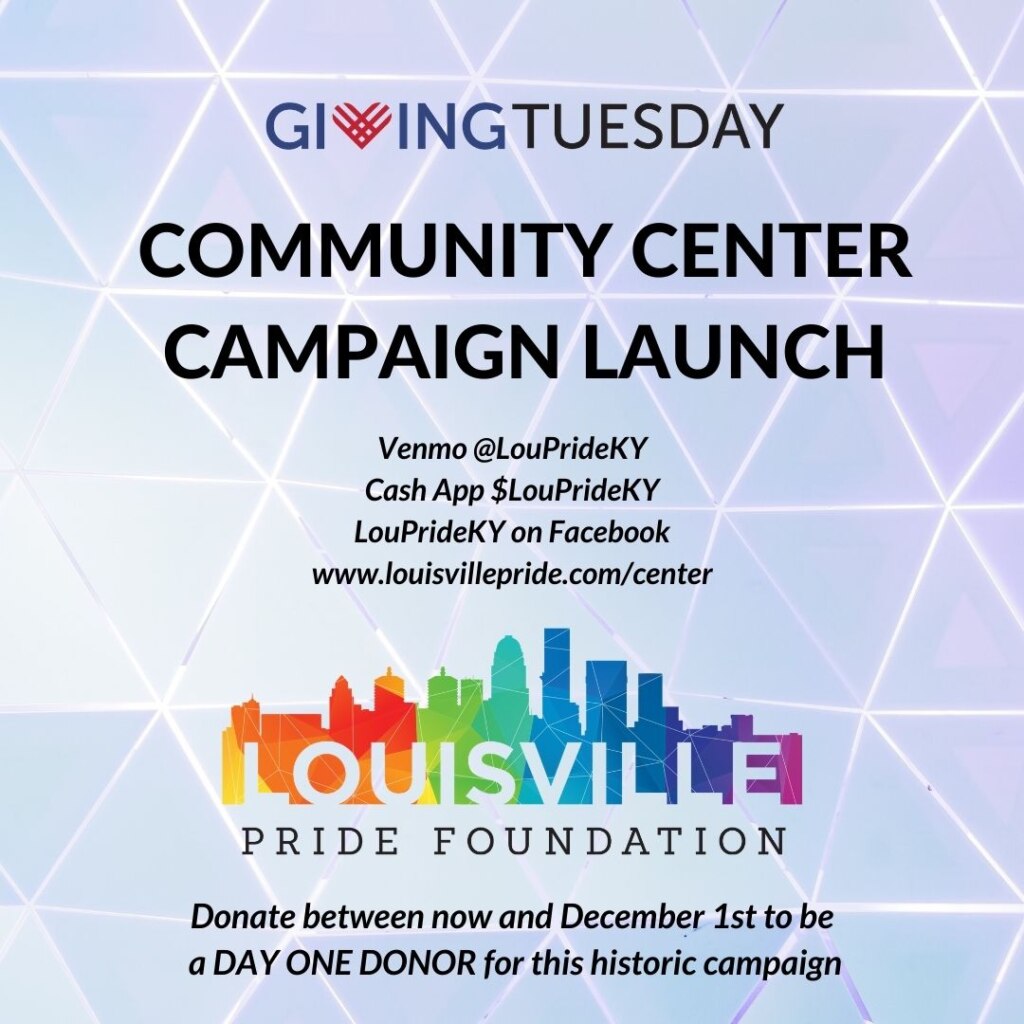 With your help, we can finally open the Community Center that LGBTQ+ people in Louisville need and deserve.
With your help, we can finally open the Community Center that LGBTQ+ people in Louisville need and deserve.
We need a Center that is safe and welcoming for all people. We need a Center that supports our community through programs, events, classes, and more. We need a Center that brings people together and connects them with the resources they need. Help us make this dream a reality.
Please make a Day One Donation as we launch our Community Center Campaign on Giving Tuesday.
Every donation between now and December 2nd counts, and as an added bonus…
- All Day One Donors will have their names listed on our website and displayed at the Center
- All Day One Donors will be entered into a raffle for a chance to win three (3) passes to the Louisville Pride Suite at the Galt House for the next Thunder Over Louisville.
- All Day One Donors who give $50 or more will receive a free Louisville Pride T-Shirt.
You can make a tax deductible donation on our website, on Facebook, or by Cash App, or Venmo. Every amount helps and we are very grateful for your donations! On behalf of the Louisville Pride Foundation, we thank you in advance for your donations and your continued support.
The “Day One Donor” Campaign has ended but you can still support this project with a donation!
Community Response Network
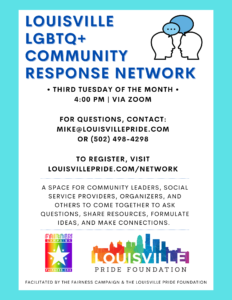
The Louisville Pride Foundation and the Fairness Campaign coordinate the Louisville LGBTQ+ Community Response Network.
The Community Response Network is a monthly conference call between LGBTQ+ organizations, social service providers, and other community leaders to share information and resources regarding the challenges facing our community. The began in March 2020 in response to COVID-19, and we see it as a permanent resource for the community. We hope to build relationships that will be beneficial in tackling future problems.
The Network meeting is on the third Tuesday of the month at 4:00 PM, via Zoom.
Click Here to join the Louisville LGBTQ+ Community Response Network.
Raising money for the Amirage Saling Scholarship
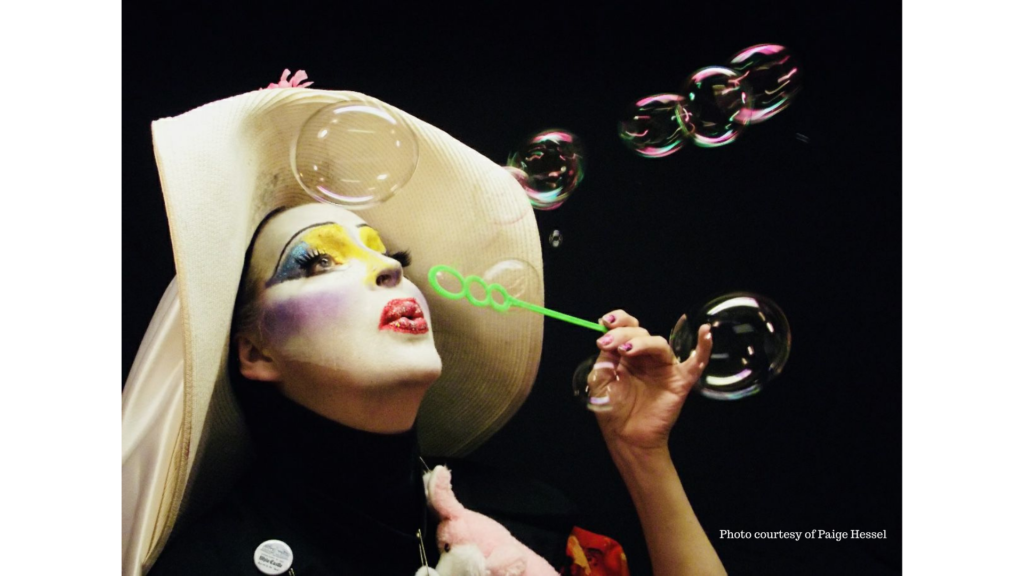 The Louisville Pride Foundation and the Transgender Wellness Coalition are raising money to honor the memory of Amirage Saling, who passed away unexpectedly last month.
The Louisville Pride Foundation and the Transgender Wellness Coalition are raising money to honor the memory of Amirage Saling, who passed away unexpectedly last month.
Amirage graduated from the Kent School of Social Work and worked as a Social Worker for Volunteers of America.
Her family has asked that donations be made to the Kent School Trans* Champion Scholarship, which has been created in her memory.
To start the ball rolling, the Louisville Pride Foundation and the Transgender Wellness Coalition are contributing $500 each.
To donate and share the fundraiser on Facebook, click here. To give directly to Kent School, click here.
Four Questions with Louisville Showing Up for Racial Justice
Jess Reese interviews Sonja Wilde-de Vries about Louisville Showing Up for Racial Justice. Sonja is a documentary filmmaker, photographer and poet. Her films include “Out: The Making of a Revolutionary” and “Gay Cuba”, her most recent publications include an anthology “The Junkie Who Loved Horses” and her own work “The Hour of Departure” She has been an anti-racist activist since she was 17.
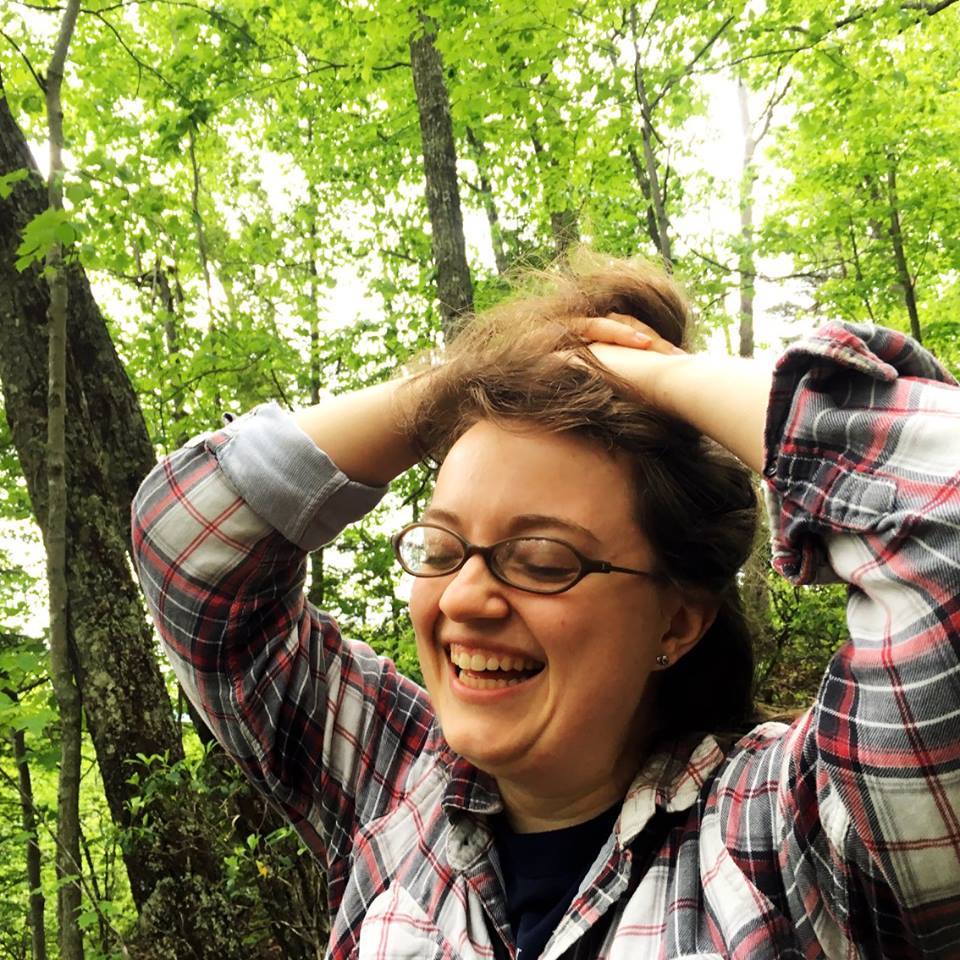
JESS: We’re going to be talking about the role white LGBTQIA people can play in racial justice movements and why we need to show up. Let’s start by introducing ourselves. My name is Jessica Reese. I usually go by Jess. I’m from east Tennessee originally and have lived in Louisville for five years. For the purposes of this conversation, it might be useful to share that I’m a cisgender white woman, and I’m bisexual. Who are you, Sonja? (I realize that’s a big question!)
SONJA: My name is Sonja de Vries. I am a pansexual, queer white woman and have been with LSURJ since it started here in Louisville. My activism started early, rooted in a family that lived through Nazi occupation (in the Netherlands) and resisted. I heard stories of resistance throughout my childhood. My mother as a child gathered toys to send to the Spanish fighting fascism and then was locked in a closet by her Nazi sympathizer teacher when the bombs were dropping. My grandfather escaped a Dutch concentration camp after being imprisoned there along with his brother. My grandmother risked her life and her family by hiding others whom the Nazis were persecuting in the floor space beneath the living room. So I learned about resistance and solidarity from them.
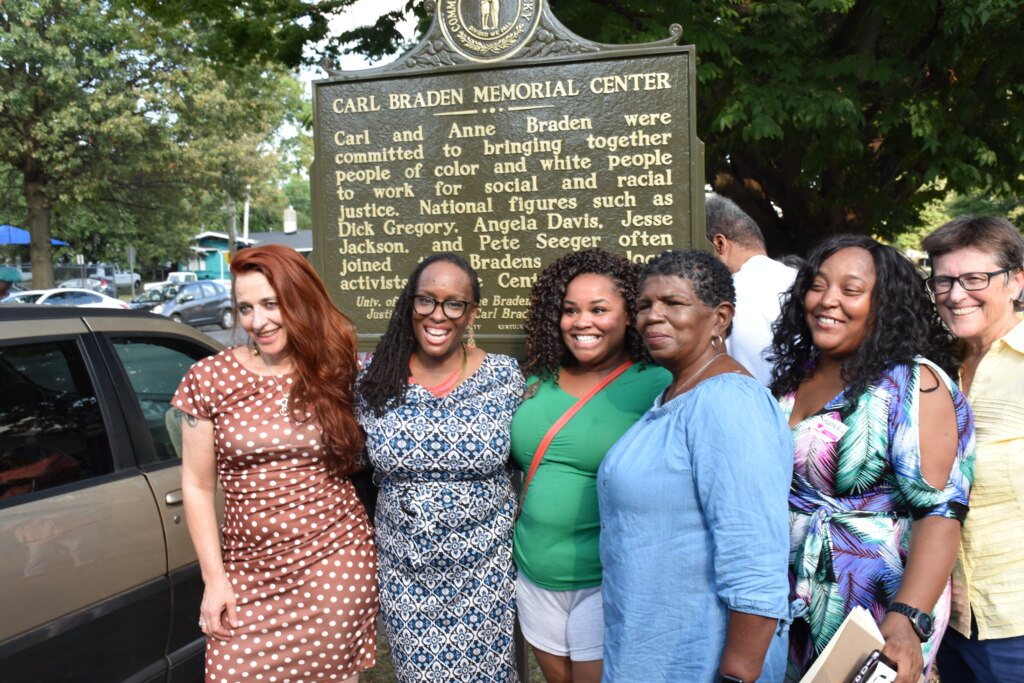
JESS: Could you talk a little about how you came to understand that struggles for LGBTQIA rights and struggles for racial justice are connected? Part of it for me came out of looking for history and just any kind of footing as a clueless queer person, and then learning about people like Sylvia Rivera. You watch Rivera’s big speech from 1973—she’s talking about jails and violence, and she’s calling out racism in white gay and lesbian groups, and she ends by crying out this cheer for gay power. And it’s clear that all of these fights are connected because it’s all her life, you know?
So that’s a piece of it—trying to learn about history because it’s powerful to me just to know that queer and trans people have always been here, but then being challenged by that history too. What about for you?
SONJA: I came out as a teenager and also considered myself a feminist. I was part of an organization of white folks who organized against the Klan and other white supremacist groups, and we were working under the leadership of a black and Puerto Rican led movement that was also anti-capitalist. I was introduced to writers like Audre Lorde and Barbara Smith, and the Combahee River Collective statement was something we discussed at length. I came to understand that mainstream white feminism was leaving a lot of people out—Black women, Indigenous women, Women of Color in general, as well as working-class and poor white women. Back when I came out, the story of Stonewall was still that it was a bunch of white gay men who led that uprising! So glad that young queers today are getting the real story.
JESS: Kind of continuing in the same vein: one of SURJ’s values is mutual interest. In SURJ, white people don’t get involved in racial justice fights because we’re trying to “help” or “save” people of color. It’s not charity. We’re trying to do our part to build the world that we want to live in too.
For white queer, nonbinary, and trans people, it’s worth lifting up that racist systems tend to be homophobic and transphobic as well, right? Take the legal system: we know it’s racist to the point of being deadly for people of color, especially Black people. We don’t need to look any further than Louisville for examples: Breonna Taylor, Shelby Gazaway, Darnell Wicker, and so many more. The legal system has also criminalized—and still criminalizes at times—how we dress, how we have sex, how we express our gender, and how we survive or make money. So I think there’s something specific at stake for us as we get into anti-racism work and support Black trans and queer people, who are most impacted by all of the above. What do you think about mutual interest, solidarity, and that tricky concept of allyship?
SONJA: This system (racialized capitalism) is built to benefit a minority of people at the top. It gives scraps (some of them chunky scraps!) to some folks, white privilege being part of that. And that’s deliberate. White supremacy is a construct and an ideology that binds this system together. Which is why you have a lot of white folks who have a hard time seeing that it is the system that is keeping them down and not their neighbor. But look at the rate of poverty in Louisville for example—in some neighborhoods it’s between 30%-50% of families living below the poverty level! And LGBTQ folks who exist across all class and racial lines—think of the energy spent on scapegoating and targeting LGBTQ folks while making some compromises that do not upset the system too much—like marriage equality, like joining the military. In fact, in some ways, though those concessions are important and were fought for, they also bolster the system and give credence to the lie that we can all be free under this system.
I don’t think that mutual interest is an easy one-line answer (which would be great, right?). What I do know is that in my heart and mind the statement that “if the most oppressed are leading, and, if the most oppressed win freedom, we will ALL be free” is the truest statement, because really, under racial capitalism, the majority of people suffer economically and also spiritually, mentally, physically on every level. Even the folks who have a fair amount of class privilege are dying at high rates from suicide and addiction—because this is an unhealthy, inhuman system on every level, and the more we can understand that, the more we can fight to transform it on deep levels instead of trying to get a slice of a very rotten pie.
What sustains you in this work, concretely, and what practices or moments ground you deeper in the work to overthrow white supremacy and this whole oppressive system?
JESS: I’m still figuring out the sustainability piece, but I really enjoy learning new things (shoutout to fellow nerds, we need you!). I’m often listening to a podcast like Justice in America or Strange Fruit, or I’m trying to read up on an issue or a part of history I don’t know as much about. (Along those lines, I recommend a great LPF blog post from over the summer: “Black Queer Lives Matter 101: An Introduction” by Heather Brydie Harris.) Learning what other people are up to, how they talk about their work, and how we got here in the first place—that all clarifies for me what I can do. This might not be everybody’s experience, but knowing more and getting specific helps me feel less overwhelmed, not more overwhelmed. Then everything feels more sustainable. What about for you?
SONJA: Reading is one important thing for me. I reread James Baldwin in particular because I think he has so much to teach us, and he goes so deep and has such a tender, fierce regard for humanity. His fiction as well as essays have taught me more about racism and about the construct of white identity than almost anything else I’ve read. Also, being in nature and in community—both things remind me why I still love being in the world (and we all need antidotes to despair) and why I continue to fight for social, economic, and racial justice…and environmental justice, because if we don’t fight for that too, we may not have anything left. Also, it’s the relationships. The other day I was marching, and sometimes I’m kind of shy, believe it or not, but I ended up racing to keep up with a veteran in a motorized wheelchair and we had such a good time laughing and talking. These are some of the things that keep me going.
Louisville Pride joins national Pride Stride 5k
 The Louisville Pride Foundation is excited to join the the first-ever nationwide LGBTQ+ virtual 5k/10k event to commemorate National Coming Out Day! The event is not a race, and anyone can participate. Choose 5k or 10k and then run, walk, dance, prance, or roll at your own pace, anytime between now and Oct 31. Registrants will receive an official Pride Stride race bib, swag bag, and other cool stuff, and a portion of your Pride Stride registration fee will help support the Louisville Pride Foundation!
The Louisville Pride Foundation is excited to join the the first-ever nationwide LGBTQ+ virtual 5k/10k event to commemorate National Coming Out Day! The event is not a race, and anyone can participate. Choose 5k or 10k and then run, walk, dance, prance, or roll at your own pace, anytime between now and Oct 31. Registrants will receive an official Pride Stride race bib, swag bag, and other cool stuff, and a portion of your Pride Stride registration fee will help support the Louisville Pride Foundation!
KPF tribute to Amirage Saling to raise money for scholarship
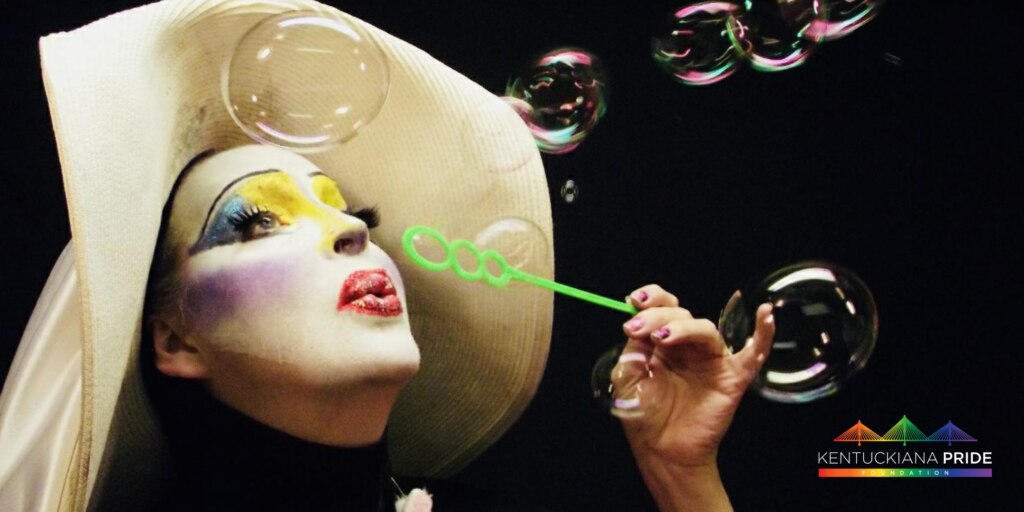 The Louisville LGBTQ community was shocked and saddened by the sudden death of Amirage Saling last month. Kentuckiana Pride Foundation and The Café are presenting a Dinner & Drag Tribute on October 15th to raise money for the Kent School of Social Work’s Trans* Champion Scholarship Fund. Syimone, Leah Halston, and AJ McKay will all be featured, and this promises to be a great event!
The Louisville LGBTQ community was shocked and saddened by the sudden death of Amirage Saling last month. Kentuckiana Pride Foundation and The Café are presenting a Dinner & Drag Tribute on October 15th to raise money for the Kent School of Social Work’s Trans* Champion Scholarship Fund. Syimone, Leah Halston, and AJ McKay will all be featured, and this promises to be a great event!
U of L Pride highlights LGBTQ leaders in the movement for Black lives
October is Pride Month at the University of Louisville, and the keynote event is a panel discussion ce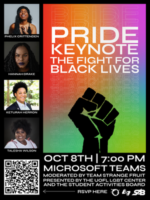 lebrating and amplifying local LGBTQ leaders in the Movement for Black Lives, including Phelix Crittenden, Hannah Drake, Keturah Herron, and Talesha Wilson. Panel will be moderated by #TeamStrangeFruit, Dr. Kaila Story and Jaison Gardner.
lebrating and amplifying local LGBTQ leaders in the Movement for Black Lives, including Phelix Crittenden, Hannah Drake, Keturah Herron, and Talesha Wilson. Panel will be moderated by #TeamStrangeFruit, Dr. Kaila Story and Jaison Gardner.
October 8, 7:00 PM
Virtual Event Registration: https://www.eventbrite.com/e/pride-keynote-the-fight-for-black-lives-tickets-122705995937

